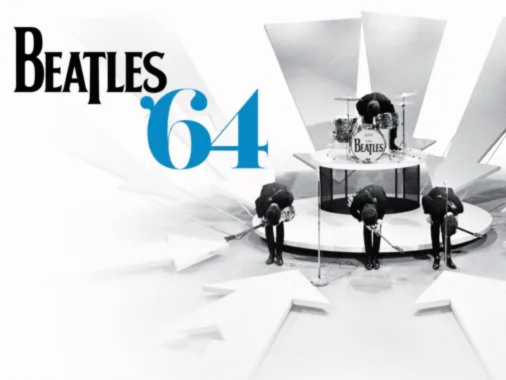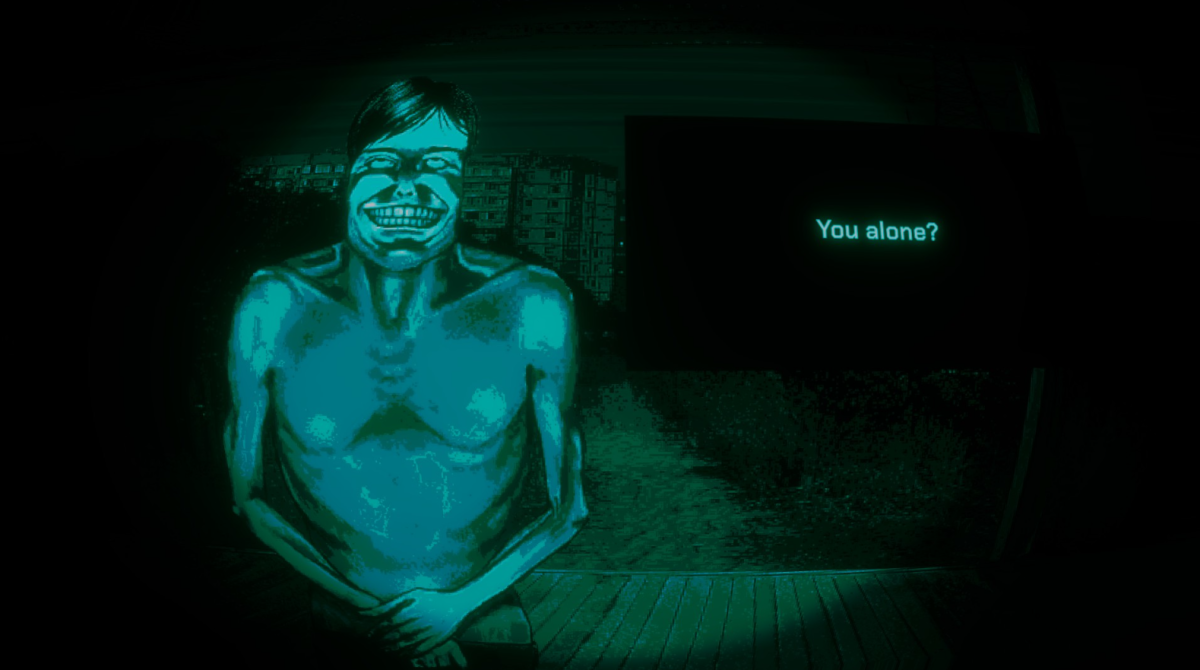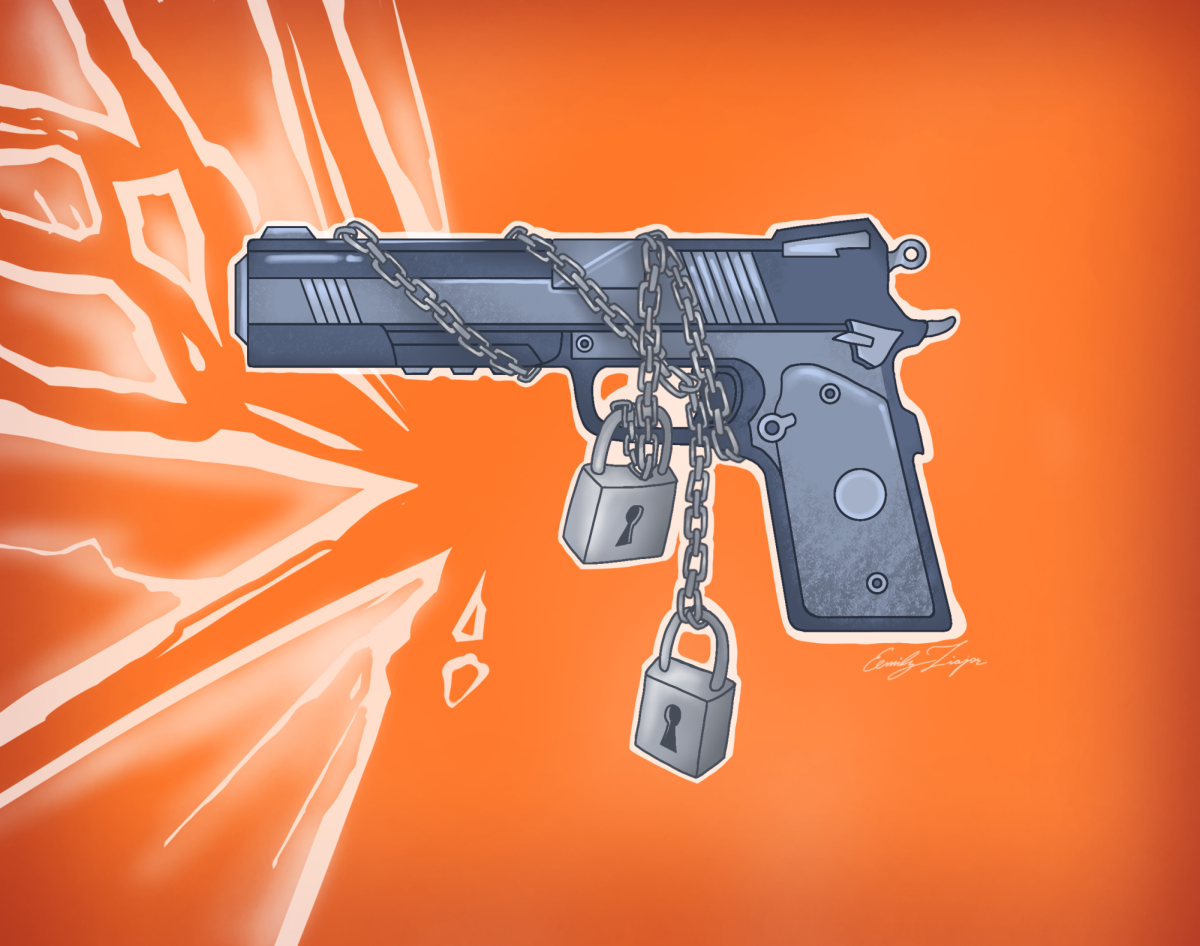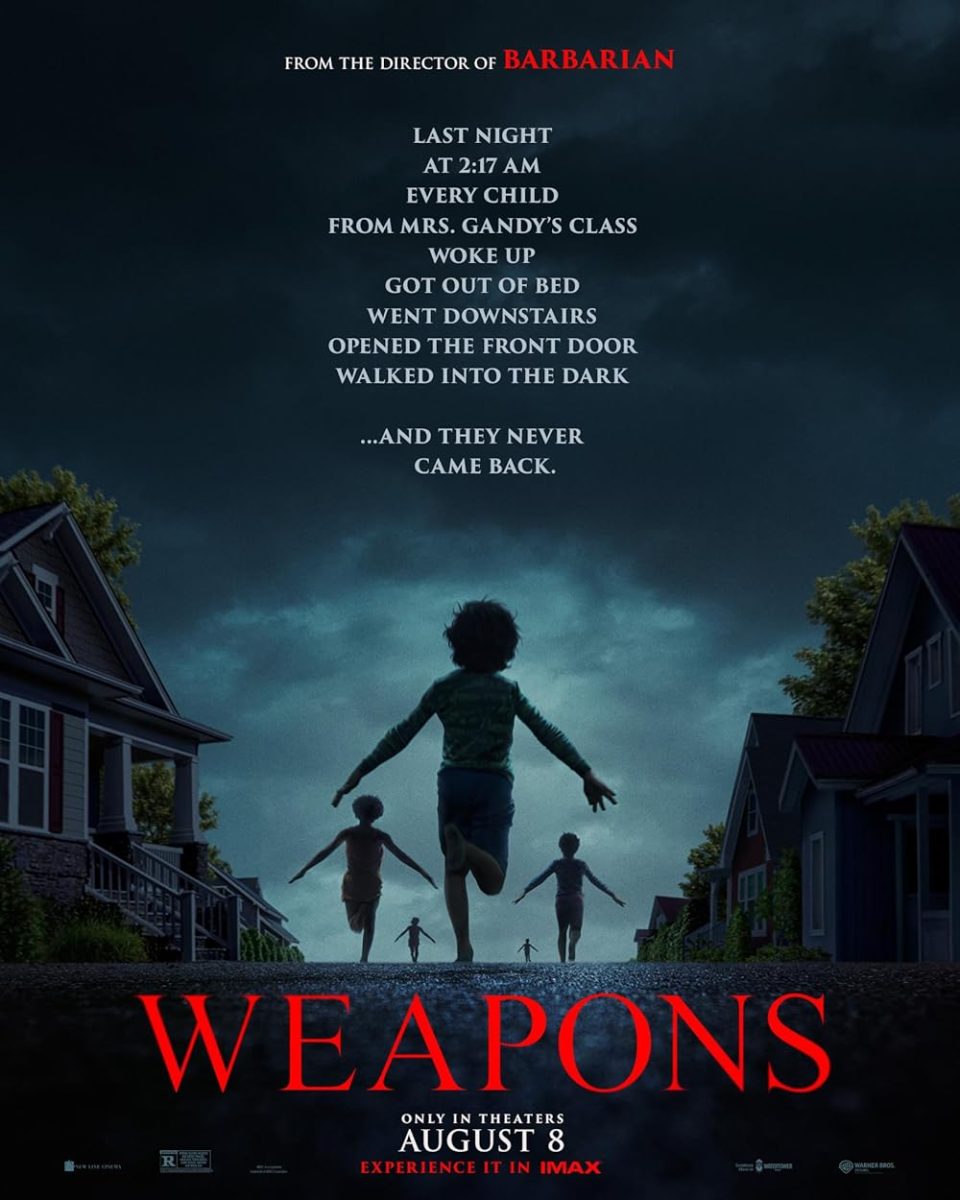Youth does not always glitter with gold. For every memory vividly imprinted in “golden hour’s” classic vibrancy, there are so many tumultuous times that are worth so much more. While the truth of “life is hard” remains a staple, there is an opposition to understanding the hard points in life. Individuals might legitimize difficult times with anecdotes of “tough getting going,” and something about daisies, but honestly, rough times make the things we hold near and dear to us worth fighting for. There are times when things get so difficult, all we want to do is give up, go away, lay in bed and give in to the hard times we experience. Four friends from Wrexham decided to capture all these contemptuous emotions and put such pontifications to melody and self-released their own EP to make sure their suffering could really be capitalized on.
“A History Of Bad Decisions” is the second EP from Welsh pop punk quartet, Neck Deep. Self-produced and published, on February 19, 2013, the EP is quintessential pop punk and a staple in modern DIY culture. While the EP was paired and re-released when the band signed with Hopeless Records a year later, Neck Deep was dedicated to their genre and capturing relative and vulnerable experiences further layering it with aggressive, fast-paced melodies the band pushed the envelope for modern pop punk. While cognizant of bands like Good Charlotte, New Found Glory, Yellowcard, The Starting Line and Chicago’s own Fall Out Boy, the band further looked to find ways to remain experimental without sacrificing the integrity of the genre itself. Coming in at nearly 17 minutes, these three songs perfectly capture the love, effort and commitment these guys had in their music.
“Up In Smoke” is a relatable and fun track with a bit of a sullen background. Lyrically, the track laments about failure; falling short of the expectations of loved ones and sinking into the shell of ourselves to wallow in isolation. Vocalist and frontman Ben Barlow’s performance on the track is an expression of not just the theme of the track, but of the EP in its entirety. While failure is a common revisit on this track, Barlow’s voice is not perfect. The argument can be made that Barlow can’t sing, but he does it anyway. Barlow’s vocals capture the spirit of youthful resilience and desperation to make “the try” into a finite product. While recognizing it is not the best, both Barlow and the track emphasize a dedication to the attempt that is rarely seen on just an EP. The composition also employs many hallmark rhythms of punk that use the track as a progression between a fast-paced classic rhythm, one that is more rhythmic and melodious, employing chugging guitars and the classic, choral three-chord structure used for choruses.
“Tables Turned” is a positive track acknowledging the end of a relationship using the track to highlight the coming times. Rejection is a turbulent sentiment. There is pain, difficulty, a large amount of distorted self-reflection that is exaggerated based on the facts that were pointed out about us. The music on the track emphasizes these sentiments but inverts them by employing a melody that resonates with these emotions but progresses into a new melody by the second half of the song. As the aggression of the track subtly slips in as the second melody is in full swing, Barlow’s vocal performance approaches the lyrics in a realizational nature that opposes all the negativity the song initially started out with. Barlow sings, “And I hope that it kills you I’m happy now/I hope you hate the taste of your own medicine/Those skeletons buried in my head/And all the thoughts I have of you, make me wish we never met,” highlighting the psychoanalysis that often accompanies the end of relationships and the illusion of failure, but highlights a progression of self, pertinent to growth and the end of a relationship.
“Head To Ground” brings the EP to a wonderful end. The track is an acoustic/progression track of longing and apologies and falling in love. Where the track initially starts acoustically, it progresses into a full-fledged studio production that emulates the theme of the lyrics which emphasizes the vulnerability of discovering new love. The track is partially calloused with the repeated lyric “cause I feel like myself when I’m running my head to the ground.” While partially worrisome and semi-dependant, the vulnerability of the sentiment resonates with the listener to the core, especially when fully immersed in the experience of new love. The production then further progresses the sentiments as the rest of the band washes in like water over sand, encompassing and saturating the track, bringing the EP to a fully committed close.
The EP’s song naming vernacular comes from the theme of the EP, highlighted in the many nuances of how failure and consequences reign true in every implied avoidance of each of the member’s songwriting. The EP does not speak of issues that happened in the early 2000s or even 2010s, but issues we all deal with in our everyday lives, even as some of us are older adults. There is a vulnerability and relativity to the lyrical material that is explicitly put at the forefront of the record. Ultimately, for every melody on this EP, there is that much more relativity and sentiment behind every note that strikes close to the listener’s desire.
5/5















